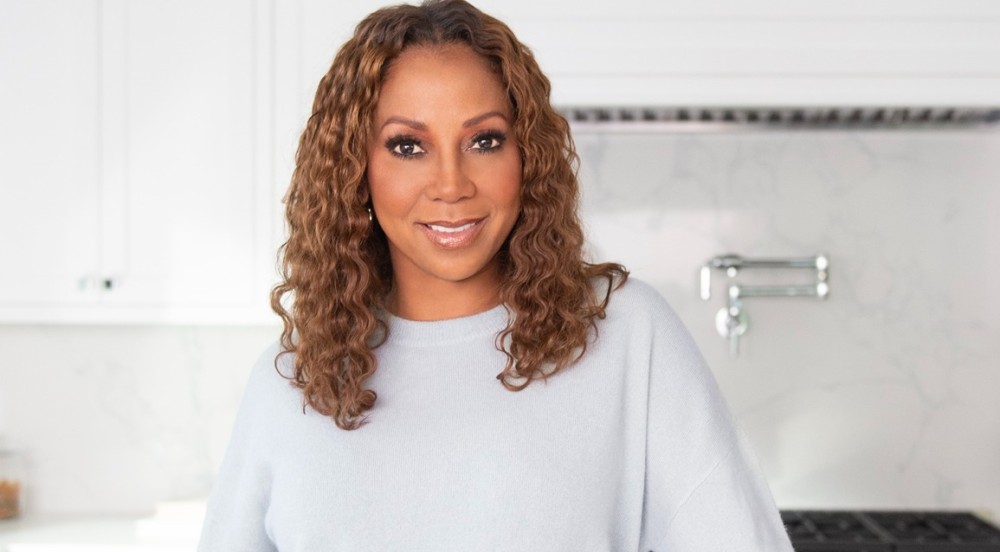The actress opens up about OAB in hopes that others will be inspired to seek treatment, too.
Approximately 33 million Americans suffer from overactive bladder (OAB). It's an issue that many are ashamed of, or worse, fail to seek help for. Actress and advocate Holly Robinson Peete is now speaking out about her personal struggles with OAB in hopes that more people—especially in Black and Brown communities—will feel comfortable seeking help from a physician.
"I have always been an open book. I've shared my story about my family and special needs, and just things that we've been through," Peete says. When I learned about this campaign, Time to Go, I was like, 'okay, I actually have this issue,' but I was still hiding it in a lot of ways. I started having symptoms of OAB a few years ago, but was only diagnosed a year ago."
For Peete, she noticed the frequent urges, and realized how much it was disrupting her daily life. While on movie or commercial sets, she would often have to take bathroom breaks, which eventually led co-stars to notice as well.
"These were things that were really getting in the way of life. I initially thought the urges were just a normal part of aging or menopause. But, my doctor told me it wasn't. I was so pleased to be able to talk to my doctor and get options. I know in our communities, there's often a level of cultural shame. That's why I love this campaign because it allows people to feel seen and heard. I've found in the past, that when I talk publicly about things that are uncomfortable or stigmatized, it's also helpful to others. That was my goal in getting involved with this program."

The actress, along with Dr. Ashley Tapscott, offers a few tips on signs to look for and ways to manage OAB.
Listen to your body
"Pay attention to your body and listen to the signs, especially once you get to a certain age," Holly Robinson Peete shares. "As women, and certainly as Black women, who are working moms, we just push through. But we have to stop and take inventory of our bodies."
Peete emphasizes that by being proactive with your health, you're also buying into the self-care revolution. It really takes a concerted effort to take time and be mindful.
Don't be afraid to talk to your doctor
Going hand-in-hand with listening to your body, being open and honest with your doctor is another crucial step in ensuring you get the treatment you need.
"Usually your doctor is not someone who is going to judge you. So, while it may not be something you want to tell the world, it's something you definitely want to talk to your doctor about. It can drastically increase the energy and motion of your life."
Look for the symptoms
If you find that you can't make a short drive from your home to work or can't sit through sporting events without frequent urges, you may want to speak with a doctor.
"OAB can affect both men and women. One of the biggest signs is frequent urination, which is usually eight or more times in a 24-hour period," Dr. Ashley Tapscott explains. "It's important to notice that is not a normal part of aging. On average, patients wait almost over three and a half years to seek help. We have to normalize that this is something that happens, it's an involuntary contraction of the bladder muscle. We have great treatment options like GEMTESA which is my preferred treatment."













